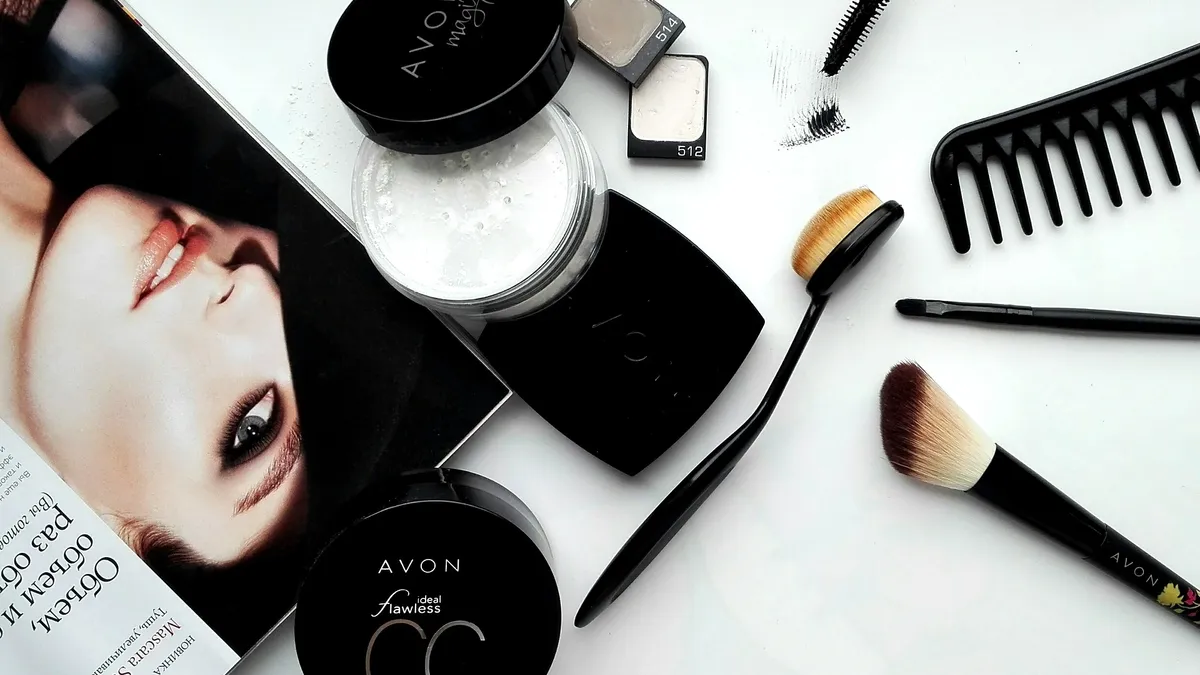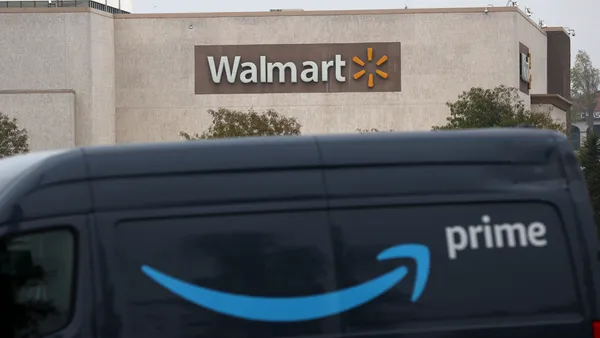Dive Brief:
- Avon is reducing its SKUs by 25% across the board to try and pull up from a downward thrust in revenues for the beauty brand. Fourth quarter revenue fell nearly 11% year over year, according to the company's fourth-quarter earnings call.
- Avon has been making an effort to reduce inventory for the last year amid several years of disappointing earnings, but progress "has been slower than we expected," said CFO Jamie Wilson on the call, reporting a 6% reduction in SKUs from Q3 to Q4.
- "We have become too complex and cluttered with too many SKUs and too much inventory ... Reducing the long tail will help make demand management easier, improve our service levels and above all, help simplify our business," CEO Jan Zijderveld said on the call.
Dive Insight:
Avon executives sang a common song for companies whose supply chains have not caught up with the times: Siloed information and processes that don't communicate make for complexity and cost.
The company's new plans to drastically reduce the number of SKUs and streamline and outsource manufacturing and distribution for the next two to three years should result in $300 million in savings, according to the company's Investor Day presentation in September. Fewer SKUs mean fewer raw materials to purchase, less management and administrative time and less to store. The company also expects a resultant 15% reduction in overall inventory.
In the presentation, Miguel Fernandez, Avon's global president, explained that cutting SKUs, along with cutting costs, will allow for improved fulfillment in individual markets around the world. "Do we really need 6,000 SKUs?" he asked of a single market like Russia. "Or by cutting it to 4,000 or 3,000 the reps still can make money and we can 100% of the time deliver the box on time, full-box and everything?"
Zijderveld — who joined the company as CEO in February 2018 after more than a decade at Unilever — was extremely confident that not only would the SKU reduction have a lasting positive effect on the company, but that it wouldn't adversely affect consumers or the company's global sales reps.
"I can show you example, after example, after example that a fewer SKUs makes healthy business and easier to run business and drives growth," he said. "It's low-hanging fruit to simplify the business to focus on the bigger SKUs."
Beyond SKU reduction, Avon is outsourcing more manufacturing to third parties to shorten lead times and making better use of existing warehouse space. In fact, the company aims to double asset utilization of the warehouses. And it will be selling at least one factory in China, along with other assets, to finance these changes, in part.
"We have given insufficient service because we're choking on complexity and despite that we're still underutilizing many of the assets we have in our network,” COO Jonathan Myers said in September. The company has since appointed Vikram Agarwal to the position of SVP and chief supply chain officer to shepherd these efforts.
This story was first published in our weekly newsletter, Supply Chain Dive: Operations. Sign up here.















